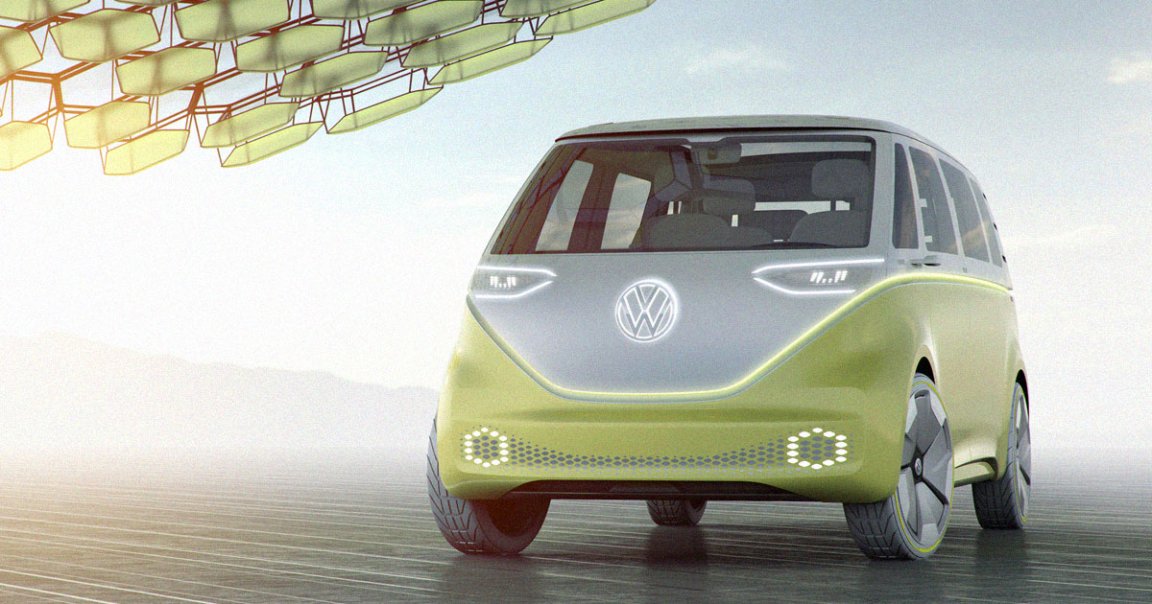
Van Life
Volkswagen announced on Thursday that it will debut its first stateside self-driving program in Austin, Texas. It’s the latest attempt from the German automaker to get a foothold in the autonomous vehicle market, especially in the US, after its previous ventures all but fizzled out.
Spearheading Volkswagen’s rejuvenated effort will be its quirky ID Buzz electric van, a spiritual successor to the iconic Microbus — the charming, reliable old van stereotypically favored by hippies.
Ten of these ID Buzz electric vans will roam the streets of Austin by the end of the year, Volkswagen said, but it’ll kick things off with just two vans, which will start testing sometime this July.
But given the sheer amount of chaos self-driving cars by VW’s US-based competitors have already caused on public roads, not to mention the company’s past failed attempts, VW still has plenty to prove, and there’s no guarantee that its vans will perform smoothly.
Swing and a Miss
For several years, Volkswagen has already been testing a variety of self-driving vans in Germany through its ridesharing service Moia. In 2019, the company had hoped that a partnership with the startup Argo AIk, which Ford also invested in, could launch its self-driving capabilities to greater heights.
But in late 2022, both automakers abruptly pulled out, and Argo AI, which for years was considered a leader in self-driving, unceremoniously shuttered its operations.
Now, Volkswagen is placing its faith in the Jerusalem-based autonomous driving company Mobileye.
However, this time around, Volkswagen has no plans to use its own ridesharing service to deploy the ID Buzz, and instead hopes to sell its fleet to other companies.
Following Suit
Like many self-driving vehicles, the ID Buzz will come with radar, LIDAR, and camera systems to help it “see.”
To avoid their escapades from going off the rails, the vans will be “geolocked” to certain, carefully mapped locations in the city, Volkswagen said, and for worst-case scenarios, a human employee will sit in the driver’s seat for the sake of safety.
For an idea of how this could all play out, see the attempts by General Motors and ride-hailing company Waymo at deploying self-driving taxis in San Francisco.
GM’s clumsy little cabs in particular have made the news more for their embarrassing behavior and comical run-ins with cops than for being competent drivers.
The jury is out on whether Volkswagen’s vans will fare any better, but the automaker optimistically plans to branch out to at least four more cities in the next three years.
More on self-driving: Self-Driving Car Runs Over Dog